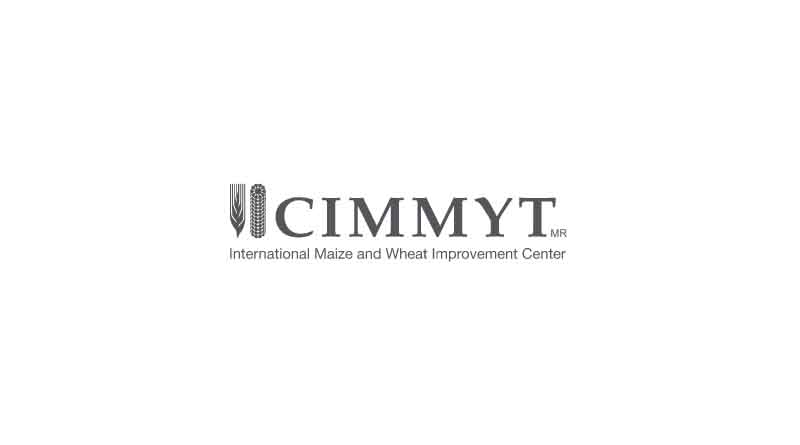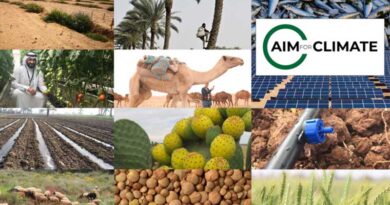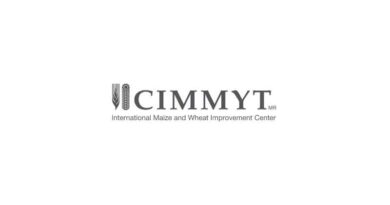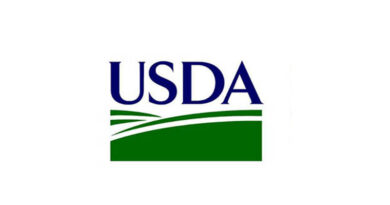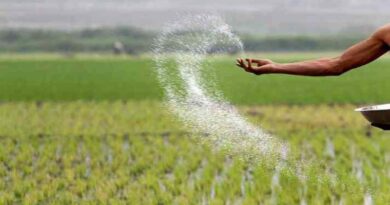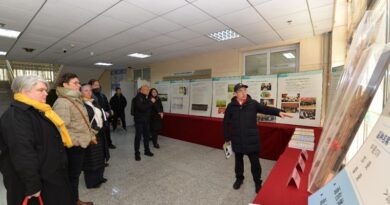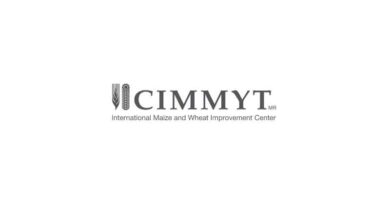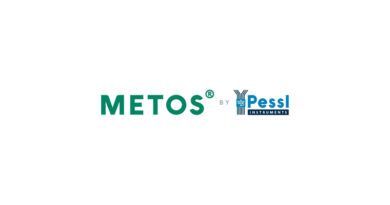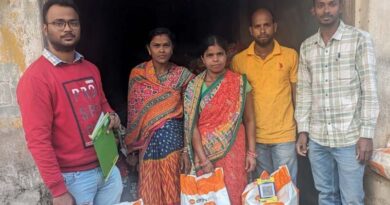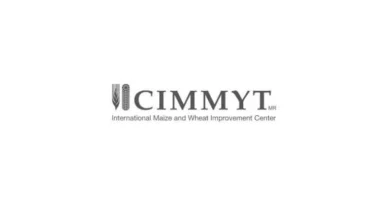CIMMYT at the AIM for Climate Summit
17 May 2023, Africa: As climate change threats accelerate, new technologies, products, and approaches are required for small holder farmers to mitigate and adapt to current and future threats. Targeting smallholder farmers will benefit not only the farmers but the entire agri-food system through enhanced locally relevant knowledge that harnesses handheld sensors and advisories on management options, soil status, weather, and market information.
The Agriculture Innovation Mission for Climate (AIM for Climate / AIM4C) seeks to address climate change and global hunger by uniting participants to significantly increase investment in, and other support for, climate-smart agriculture and food systems innovation over five years (2021–2025).
The International Center for Maize and Wheat Improvement (CIMMYT), as a partner of AIM for Climate, organized a breakout session titled “Smart Smallholder Fertilizer Management to Address Food Security, Climate Change, and Planetary Boundaries” during the AIM for Climate Summit in Washington DC, May 8-10, 2023.
Fertilizers are essential for increasing crop yields and ensuring food security, yet fertilizer use for food and fodder is severely skewed at the global level, leading to over-fertilization in some regions and under-fertilization in others.
Farmers in low-income countries are highly vulnerable to fertilizer supply shortages and price spikes, which have direct consequences for food prices and hunger. Improving fertilizer efficiency and integrated organic and inorganic sources is important globally as nutrient loss to the environment from inappropriate input use drives greenhouse gas emissions and pollution.
Innovation Sprint
Because smallholder farmers are the primary managers of land and water, the CIMMYT-led AIM4C Innovation Sprint, Climate-Resilient soil fertility management by smallholders in Africa, Asia, and Latin America is designed to implement and scale-up a range of climate robust nutrient management strategies in 12 countries, and to reach tens of millions of smallholder farmers in close collaboration with nearly 100 public-private partners organizations.
Strategies include innovations in extension where digital tools enable farmer-centered private and public advisories to increase the uptake of locally adapted nutrient management practices. Connecting farmers to investors and markets provides financial support for improved nutrient management.
By tailoring validated fertility management practices to their specific conditions, and integrated use of legumes and manure, smallholders will optimize productivity, enhance climate resilience, and mitigate greenhouse gas emissions. Research from other organizations has determined that improved fertilizer management can increase global crop yield by 30% while reducing greenhouse gas emissions.
Right place, right time
“We need locally adapted fertilizer management approaches that work for smallholder farmers. By tailoring validated fertility management practices to their specific conditions, smallholders will optimize productivity, enhance climate resilience, and mitigate greenhouse gas emissions,” said Sieg Snapp, CIMMYT’s Sustainable Agricultural Systems Program Director. She continued, “What is needed now is major investment in data synthesis. Through this SPRINT we are exploring options to enable taking sensors to scale, to reach tens of millions of farmers with hyper-local soils information.”
Inequality is the core of the problem in fertilizer management: some regions apply more than the required amount, where in other regions fertilizer application is insufficient for plant needs, leading to low yields and soil degradation.
“Fertilizer efficiency can be improved through application of the right amount of fertilizer using the right source employing the right methods of application at the right time of plant demand,” said Tek Sapkota, CIMMYT Senior Scientist, Agricultural System/Climate Change.
The session included presentations by the Foundation for Food & Agriculture Research (FFAR), UN Foundation, Pakistan Agricultural Research Council (PARC), Stockholm International Water Institute (SIWI), USDA, and Alliance of CIAT-Bioversity. Highlights sustainable and climate-smart practices in Pakistan, novel plant genetics for improved nitrogen cycling, and soil water and nutrient management in the Zambezi to tackle food security and climate change challenges.
Also Read: Decrease in area under Summer Crops in the country; Paddy down by 6 percent
(For Latest Agriculture News & Updates, follow Krishak Jagat on Google News)

